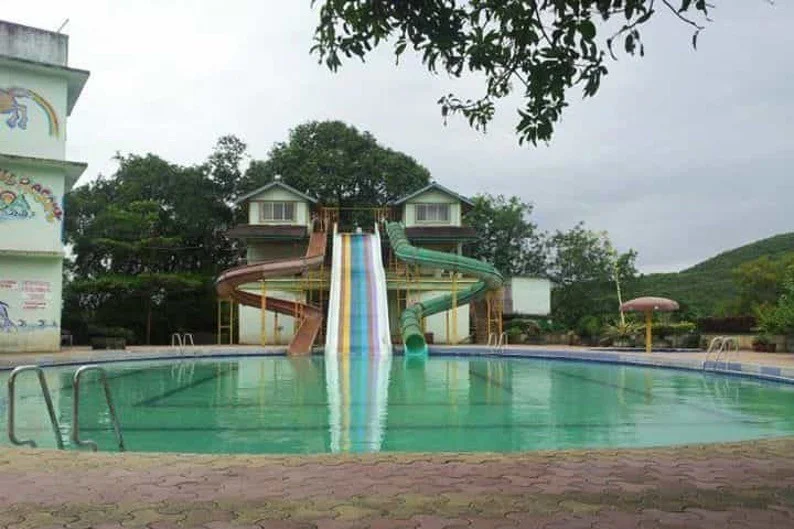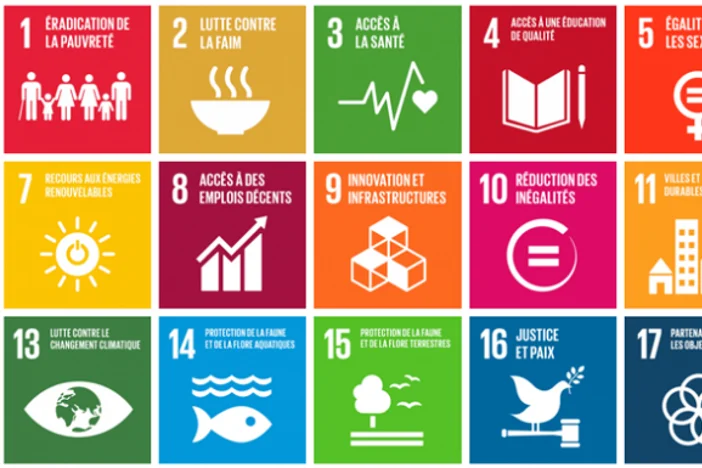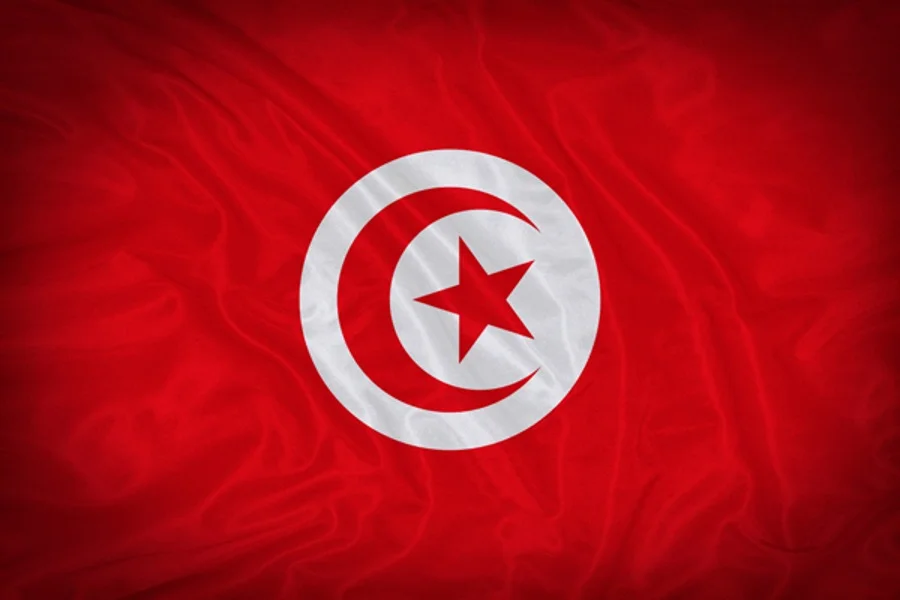Sustainability underpins Tunisia jeans sourcing success
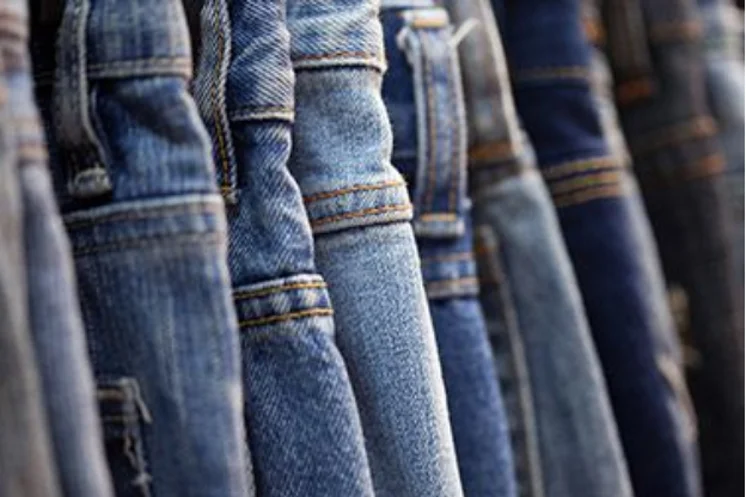
Tunisia is underpinning its success as a jeans supplier by promoting its quality specialist production that employs sustainable environmental and social practices.
exports of denim jeans from Tunisia have doubled. According to the Tunisian export and promotions agency CEPEX (Centre de Promotion des Exportations de la Tunisie), the value of jeans exported from Tunisia has risen from TND586.40m (US$202m) to TND1.32bn (US$455m).
Tunisia has side-stepped going head-to-head with fast fashion heavyweights such as Bangladesh and China to excel in mid and luxury markets. According to CEPEX, the north African near-sourcer is ranked as the fifth main supplier of jeans to Europe, and in Italy it is the number one source of jeans.
Tunisian jeans are the most expensive in CEPEX’s market study, which compared with 12 other outsourcing countries including nearshore suppliers such as Morocco, European Union manufacturers, and Southeast Asian suppliers.
Using data from Eurostat, CEPEX benchmarked the average pair of jeans bought in the European Union at EUR7.60 per unit wholesale, whereas a Tunisian-made pair comes in at a whopping EUR17.47 per unit wholesale. However, for labels like Swedish ethical jeans brand Nudie who want high quality jeans, with excellent fit, with special features, washes and finishes, Tunisia is an ideal destination for sourcing.
The North African country’s status as a sustained democracy emerging from the Arab Spring helps buyers to use Tunisian sourcing in marketing. MUD Jeans, a Netherlands-based sustainable and fair-trade certified denim brand does this, as cited in a social media campaign launched last year.
It was not the first brand to utilise Tunisia’s image. Sweden-based Nudie Jeans started sourcing in Tunisia to produce 100% organic cotton jeans.
Sandya Lang, Nudie’s sustainability director told just-style: “It is important that we work in countries that are democratic.” Lang says Tunisia’s well-developed trade unions influenced sourcing as it confirmed workers had rights: supply chain transparency and good working conditions in Nudie manufacturers are promoted by the brand.
When Lang visited northern Tunisia supplier Denim Authority’s factory one year ago, she took photos of factory workers holding signs saying ‘I made your jeans,’ used in promotional material. Creating such human connections helps explains the high price tag to its customers, for whom jeans retail between SEK1,000 (US$107) and SEK1,800 (US$193).
Covid-19 chart
Tunisia Sustainable Fashion:
Another potential plus point for higher end denim sourcing in Tunisia is a new ‘Tunisia Sustainable Fashion’ environmental good practice benchmarking initiative.
Launched for the country’s textile and clothing sector by the Tunisian Textile and Clothing Federation (FTTH – Fédération tunisienne du textile et de l’habillement), the Tunisian Technical Textile Centre (CETTEX – Centre technique du textile) and the global Sustainable Apparel Coalition (SAC), its aim is to drive sustainable development in the sector.
One more benefit has been specialisation within the segment. Denim Authority has scored sales with Nudie, the US’s Guess and the Netherlands’ ethical fashion brand Scotch & Soda thanks to its specialised washes and finishes. The company creates a new collection annually and seeks long-term partnerships with brands.
Director general Hatem Daoud stresses the company’s success in selling heavily distressed jeans, which are increasingly sustainable. “We are trying to minimise the use of chemicals and technology has really helped. We work with laser and an ozone machine in water and air, to minimise the use of chemicals.”
Denim Authority has also promoted staff loyalty through a bonus scheme, and also works with the Fair Wear Foundation that supports workers’ rights and combats modern slavery in the global textile industry.
Lack of backward linkages:
One problem that the industry does face, however, is a lack of backward linkages. According to FTTH, the Tunisian textile and garment industry suffered greatly during the turmoil following the revolution, with the vast majority of Tunisia’s yarn spinning and weaving capacity disappearing.
Sitex is now the sole manufacturer of denim fabric in Tunisia. Its customer relations director Sonia Bouguerra says: “Sitex is more and more orientated towards sustainable development,” noting it has been reducing carbon emissions and “recycling 95% of waste matter: as well as carrying out a water recycling study.”
Other initiatives underway in Tunisia include a youth-employment project aimed at upskilling the future workforce of the textile industry. The Youth Employment in the Mediterranean (YEM) project is an initiative between the National Observatory of Employment and Skills and UNESCO and is funded by the European Union.
 Algeria
Algeria Bahrain
Bahrain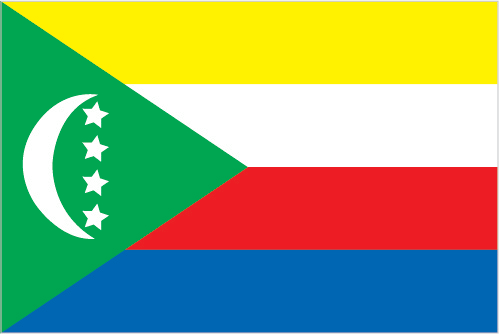 Comoros
Comoros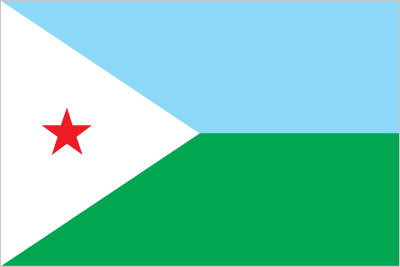 Djibouti
Djibouti Egypt
Egypt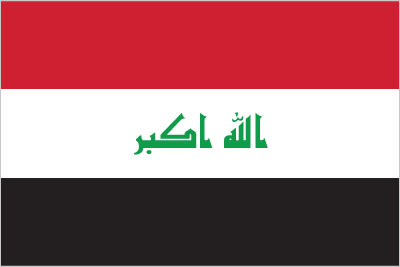 Iraq
Iraq Jordan
Jordan Kuwait
Kuwait Lebanon
Lebanon Libya
Libya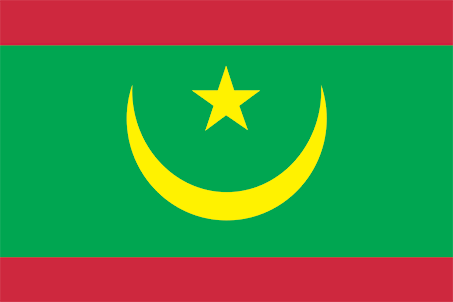 Mauritania
Mauritania Morocco
Morocco Oman
Oman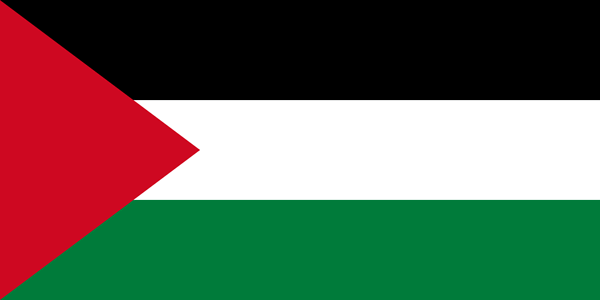 Palestine
Palestine Qatar
Qatar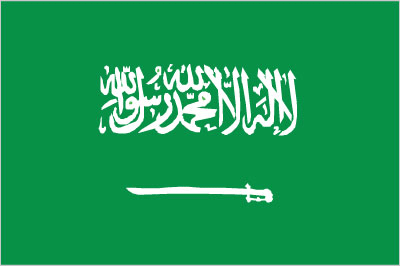 Saudi Arabia
Saudi Arabia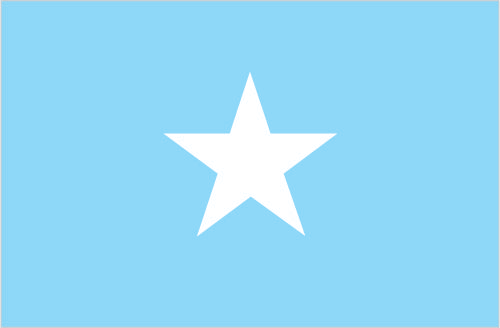 Somalia
Somalia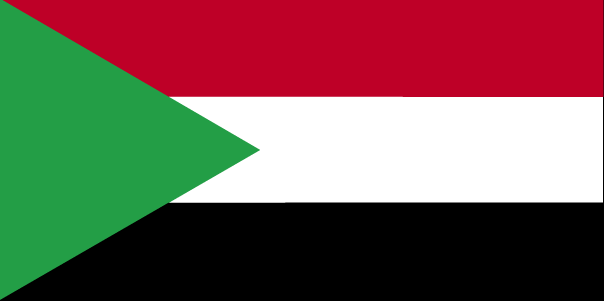 Sudan
Sudan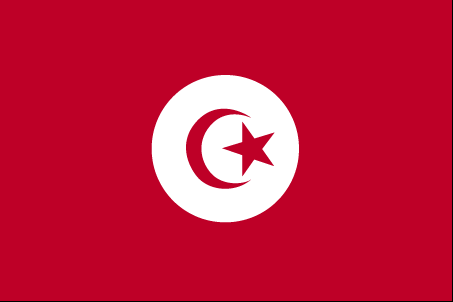 Tunisia
Tunisia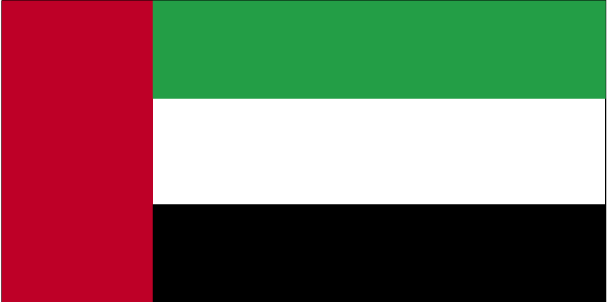 UAE
UAE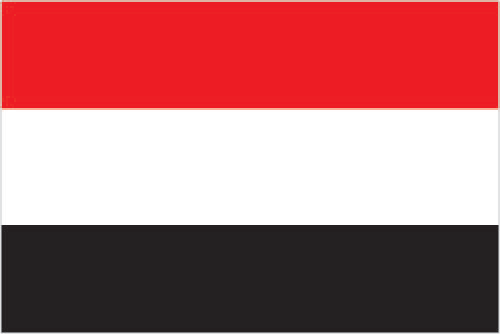 Yemen
Yemen